Buying a house is probably one of the biggest decisions of anyone’s life. From construction to accommodation, each step needs intense financial planning.
Therefore, along with the cost of ownership projected by sellers or builders, we need to conduct extensive research to understand hidden charges or secondary expenses, which can amount to a significant sum.
Below we have collated a list of 9 additional charges that has to be incurred while buying a house. This will help you better prepare to handle all seen and unforeseen expenses.
1. Stamp Duty
Stamp duty is a compulsory tax levied by state governments on property transactions to authenticate a sale agreement. It mostly ranges between 4% – 7% on average, depending on which state in India the property is located in.
For example, Uttar Pradesh levies a stamp duty rate of 7%, Kerala 8%, Goa 3.5% (for homes valued below 50 lakhs), and West Bengal 6% up to ₹ 1 crore property value and 7% beyond that.
What this means is if you buy a house worth ₹ 50 lakhs, you will incur extra expenses of ₹ 2–3 lakhs. However, some states also offer rebates/discounts on stamp duty to women and individuals buying a house at a market value lower than the circle rate.
Hence, check the stamp duty applicable in the state and whether you are entitled to any rebate during the financial planning stage itself.
2. Registration Fees
Apart from the stamp duty, there is a registration fee that buyers will have to pay while registering the property in their name. This is 1% of the property’s total value in most cases.
Hence, taking forward our previous example, you will need to account for an additional amount of ₹ 50,000 for the complete registration process.
It is important to note that registration fees are subject to change and can vary from time to time, so we recommend checking the current rates online while making the purchase.
3. Goods and Services Tax (GST)
GST is levied on under-construction properties. The government imposes this at the rate of 1% if it falls within the category of under-construction affordable housing and 5% if it is a non-affordable or premium housing unit.
But what is an affordable property? Affordable properties are houses valued at less than ₹ 45 lakhs and cover an area below 60 sq. meters in metro cities and 90 sq. meters in non-metro cities.
Hence, a home worth ₹ 40 lakhs (an affordable category property) will be levied a GST of ₹ 40,000 (GST @1%), while a property worth ₹ 51 lakhs will come to have a GST of 5%, i.e. ₹255,000, a significantly higher amount.
Please note that ready-to-move houses do not attract GST.
4. Preferential Location Charge (PLC)
As the name suggests, preferential location charges refer to the extra money one might have to pay for buying a property at a favorable location within a complex. These include higher floors, sea-view rooms, and others, such as building quality, availability of facilities, and suitable climate.
That being said, this PLC typically comes attached to the original asking price of the property and, therefore, may not be easily recognizable.
The buyer can ask the property builder about the breakup of this specific cost to have a better idea.
Finding this detail can be beneficial if the buyer thinks the cost is going out of hand. In such a situation, one may want to explore other options, such as finding a home on a lower floor, to manage costs.
5. Legal Fees
Legal fees are a necessary expense you will incur while purchasing a property. These fees include charges for obtaining legal advice, drafting and reviewing documents, and other legal services needed for the purchase process.
The legal fees can vary depending on the complexity of the transaction (such as carrying out due diligence or hiring an additional solicitor for protection against issues created by the builder) if there is a dispute, and the type of property being purchased.
Some buyers hire a real estate attorney to navigate the legal process. An experienced real estate attorney can help the buyer research the property, negotiate with the builder, and handle all the paperwork and other tasks, taking the hassle off the buyer’s end.
However, all of this comes with an additional cost (legal fees) hence decide prudently.
6. Home Insurance
Another very important additional charge you will incur is buying a home insurance policy. Home insurance protects our homes and possessions from various types of damage or loss, such as fire, theft, and natural disasters.
The cost of home insurance can vary depending on the property’s value, the level of coverage required, and other factors.
Often builders try to sell home insurance as a package attached to the property. In turn, the builders earn hefty commissions from the insurance providers.
However, what they are offering is not essentially the best option. Therefore, it is vital to compare different insurance policies to find one that meets our needs and budget.
7. Advance Maintenance Charges(AMC)
Another important yet often ignored charge is advance property maintenance charges. The AMC encompasses various tasks, such as the charge to employ security personnel, elevator service, electricity, water, and other commonly used items, which vary with size, location, and the kind of project one buys.
Usually, this amount is taken as a lump sum along with the property payment. The amount can range anywhere from a few thousand to even lakhs depending on the type and structure of the home, and the number of luxury features in the apartment, such as a manicured garden, community hall, gym, clubhouse, or swimming pool.
As potential homeowners, it is important to seek clarifications from the seller or the builder regarding these maintenance costs to avoid surprises later.
Conclusion
Buying a house can be a stressful affair – both emotionally and financially. However, proper financial planning is the key to managing the whole process. The additional charges may seem like a financial burden, but understanding the costs associated beforehand can help us budget and plan accordingly. Hence, we need to familiarise ourselves with these costs before moving forward.
Koshex is a complete financial management app that can work as the one-stop solution for all your financial management needs. From investing to tracking a portfolio, you can perform numerous functions to manage your finances smartly and efficiently. Sign up with Koshex today and explore all its features.

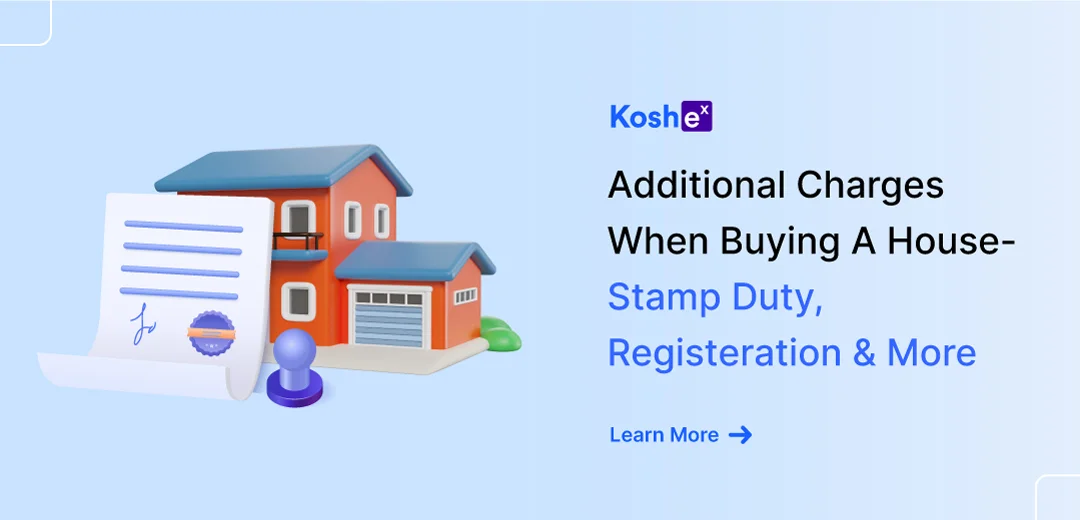
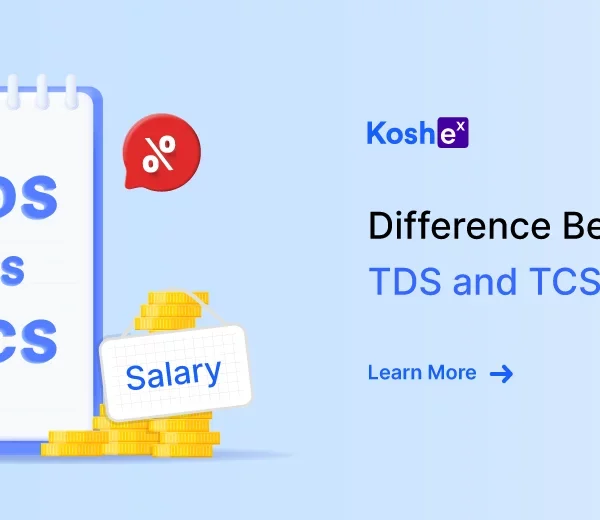
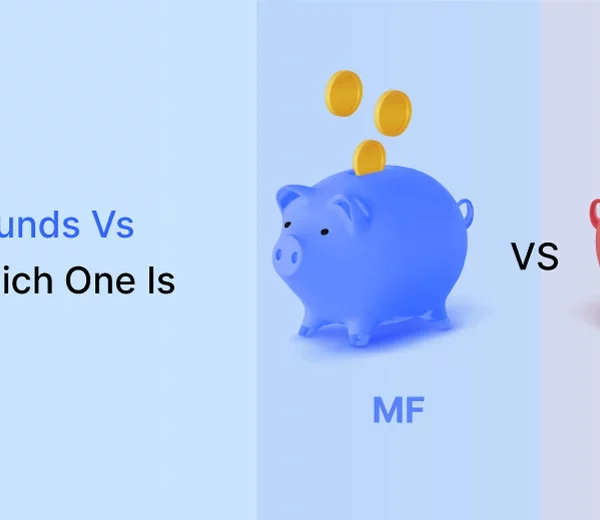
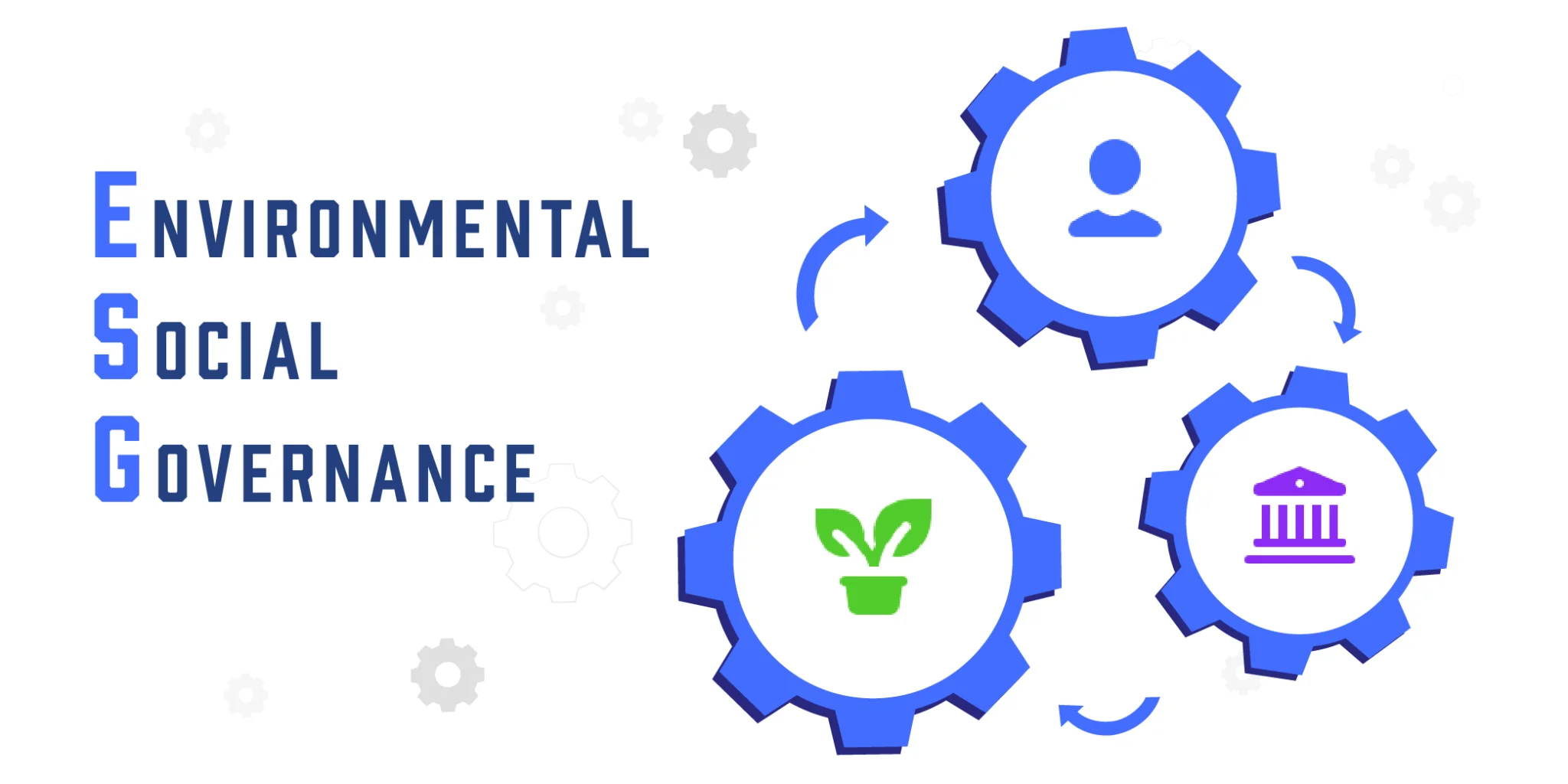

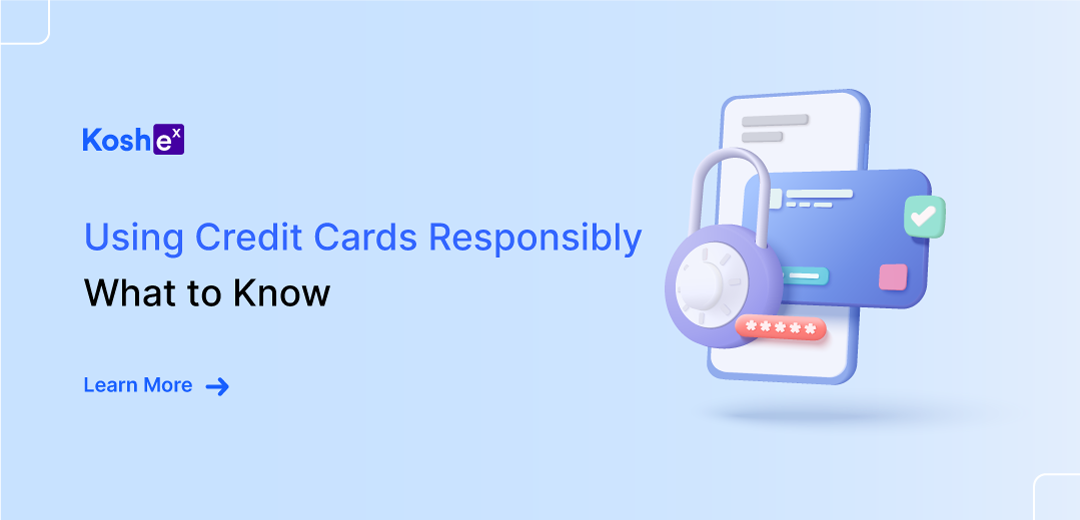


Leave a Comment